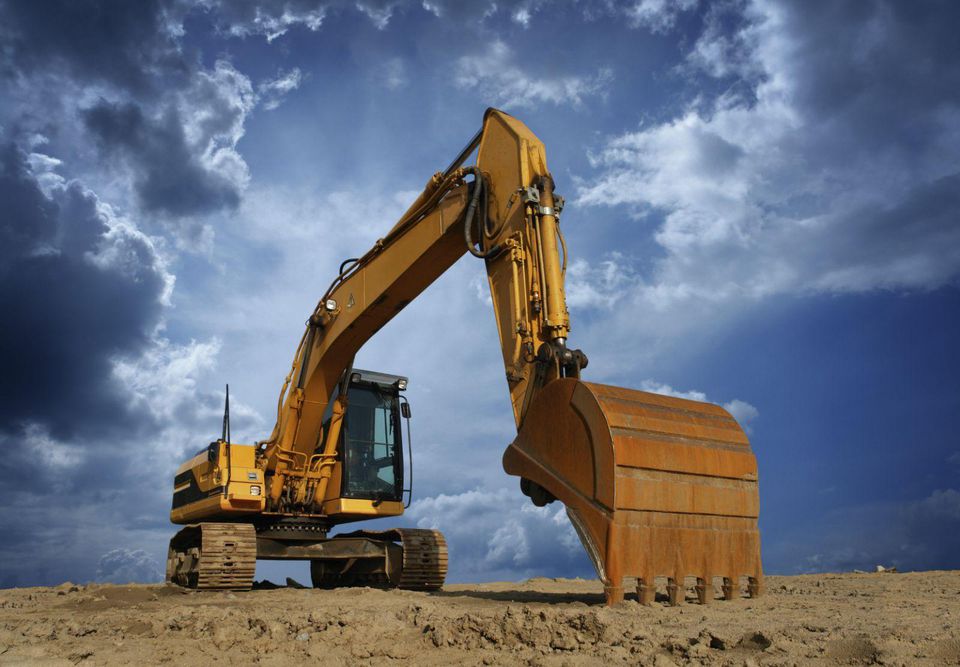Engineers specializing in geotechnical engineering in Edmonton are responsible for ensuring that structures are stable under the surface. Soil density, water flow patterns and other variables can potentially destabilize a building’s stability. Without geotechnical engineering, structures might sag, settle and finally fall over if the soil underneath them alters.
Geotechnical Engineering’s Importance
Geotechnical engineering is crucial, as it aids in the early detection of potential problems. After an earthquake, slope stability shifting, continuous settlement or other factors, a structure might suffer considerable damage without a geotechnical engineer’s sophisticated calculations and testing.
Geotechnical engineers should be brought on board from the beginning of any building project’s planning phases. In the long run, even after the building is complete, this will help avoid possible difficulties or risks. According to good developers and contractors, the expertise of a geotechnical engineer is essential for the exploration of a building.
A geotechnical engineer can advise you on water mitigation, building location and how the surrounding infrastructure influences your project, such as sidewalks and parking lots. To put it another way, the relevance of geotechnical engineering boils down to long-term project planning and risk mitigation.
Services to Look for in Geotechnical Engineering
So now, let’s have a look at some of the services that geotechnical engineering in Edmonton offer:
Performing a Geotechnical Evaluation
Borehole drilling, soil sampling, laboratory testing, report analysis and recommendation of a suitable foundation are all part of the geotechnical investigation process. There is a correlation between the depth and number of holes drilled on a given site and the type of building constructed.
Based on the soil report, a geotechnical expert may propose that the soil be improved before any foundation may be erected. It is also up to the geotechnical engineer to determine whether a deep or shallow foundation is necessary. You choose between a strip footing and a pile foundation for your site.
Recommendations are given for pile depth and kind depending on the soil’s characteristics. The geotechnical investigation report also includes the examination of groundwater and the investigation of rock if necessary.
Load Testing of Piles
For more significant projects, pile load testing is an essential component of foundation design. Load settlements are measured to validate design assumptions based on a pile load test’s results. The axial geotechnical load capacity in uplift and compression may be determined by conducting a load test.
To get the information above, a new load test is required. Different types of load testing exist, such as static or dynamic load tests.
Geosynthetics
Geotechnical engineers prescribe geosynthetic material depending on the existing conditions of the soil to enhance the soil’s strength or drainage. The usage of geotextile materials improves drainage and strengthens the ground. Soil may be maintained by using geogrid.
Deep-Foundation Inspection
Site inspections are carried out by engineers that specialize in geotechnical engineering to guarantee that development is carried out per the plan and established engineering standards. While the deep foundation units are being constructed, evaluations are being carried out continuously. Geotechnical engineers check the construction process, analyze pile driving data and assess the soil conditions in bored piles during the assessment.
Geotechnical engineers must approve all preliminary construction, soil research reports, foundation designs and any other special design aspects, such as hammer datasheets before any work can begin.
The Geotechnical Engineers check the amount and location to ensure that it is based on the design drawing. There is a check to ensure that the pile is aligned with the design and that any variances are below acceptable limits. The curve of the pile is also considered. A central tube is cast into a concrete pile to provide for inspection and access to the pile.
Construction Help
Before the concrete is poured, the excavation for the foundation is inspected for damage. In situ tests include soil compaction, concrete cube testing, slump testing and more. Asphalt core samples are also available for testing in the laboratory if needed. Material testing may be performed in-house by the geotechnical firm or may be outsourced to a third-party laboratory, depending on the company.
Engineers in geotechnical engineering evaluate all test findings, regardless of where they are conducted, and provide appropriate suggestions at various points during the building process. Even though the geotechnical investigation aims to discover the subsurface conditions, unexpected site circumstances are likely to arise throughout the inquiry. When this occurs, Geotechnical Engineers analyze the site to determine its stability and then offer an appropriate control solution to the client.
Geotechnical experts in the field of civil engineering provide a broad variety of services to their clients. It is impossible to imagine modern civil engineering wonders being constructed without the preconstruction and construction stages.

